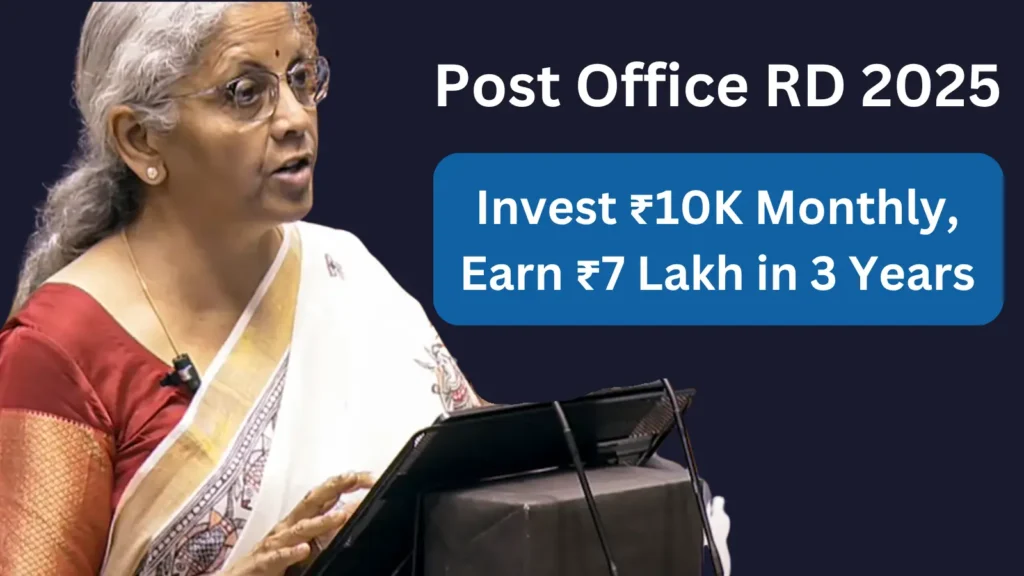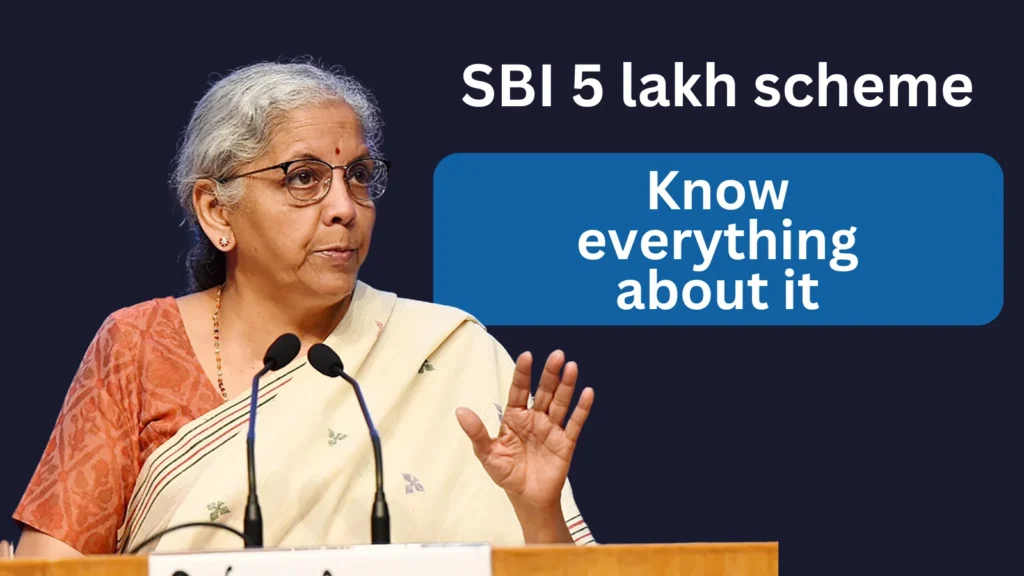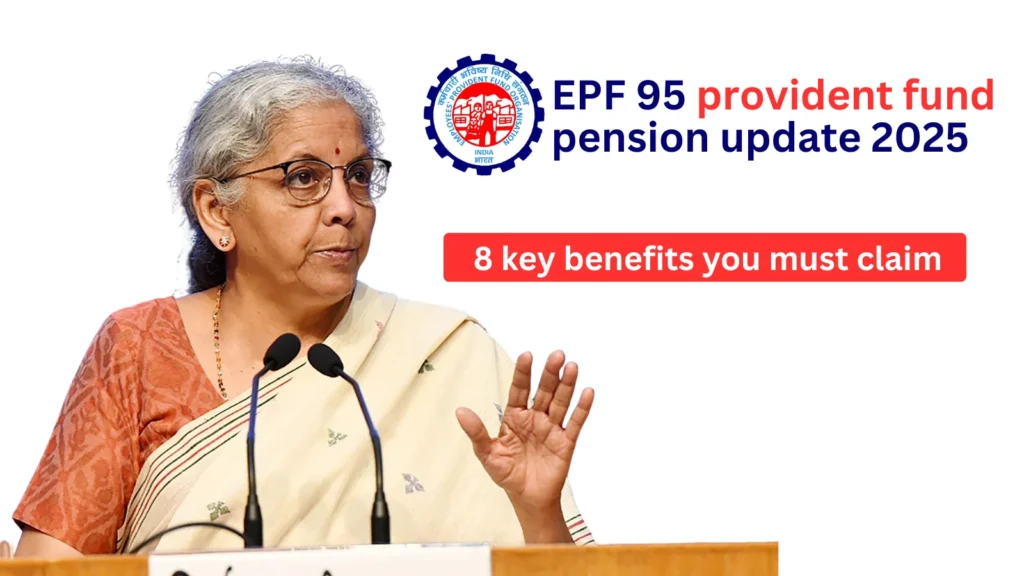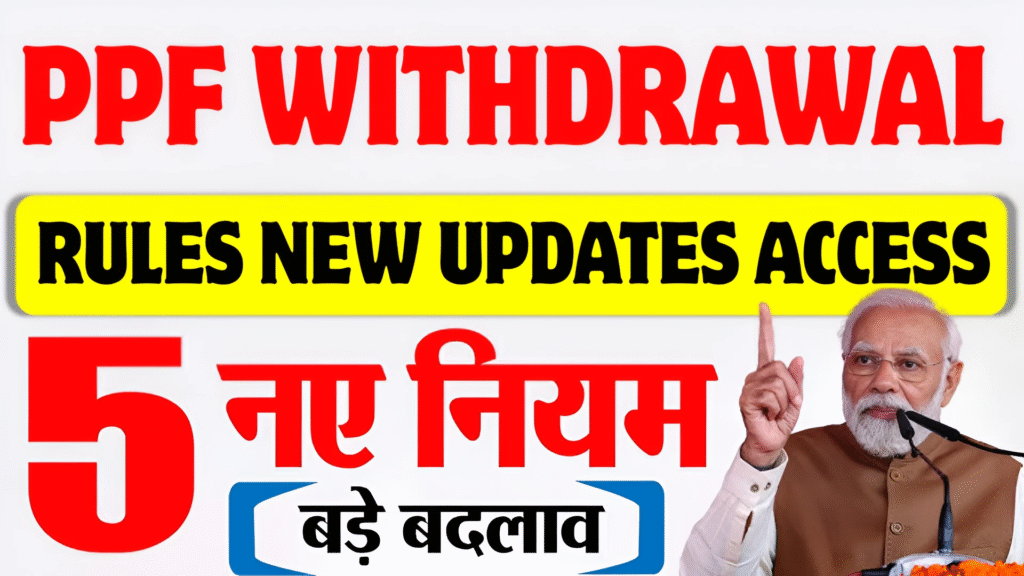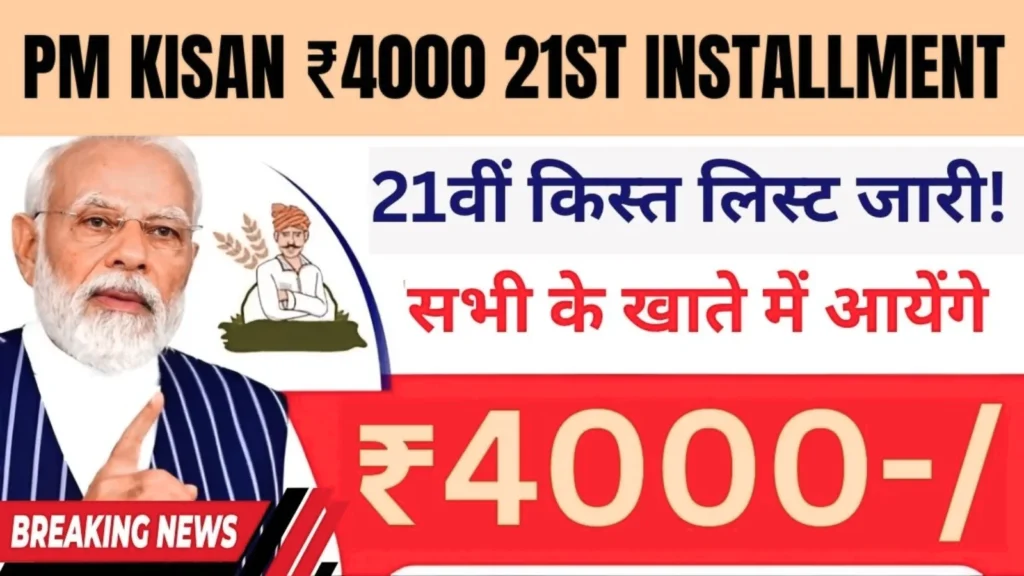New Delhi, October 2025:
The Central Government is expected to bring cheer to millions of employees and pensioners with the upcoming 8th Pay Commission employees salary hike. Reports suggest that the commission may be implemented by January 2026, following recommendations to revise pay scales, allowances, and pension benefits for over 50 lakh Central Government employees and 68 lakh pensioners across India.
Background: What Is the 8th Pay Commission?
India’s Pay Commissions are formed periodically to review and recommend changes in the salary structure, allowances, and pension system of government employees. The 7th Pay Commission, implemented in 2016, had introduced a major salary revision with a fitment factor of 2.57.
Now, almost a decade later, the 8th Pay Commission is being considered to ensure that government salaries stay in line with inflation, cost of living, and economic growth.
Also read: EPS-95 Pension Update 2025: 8 Big Benefits, key things you must know
Expected 8th Pay Commission Employees Salary Hike
Sources indicate that the 8th Pay Commission employees salary hike could propose a fitment factor between 3.68 and 4.00, which means a 35–40% increase in basic pay for all Central Government employees.
For example:
- If an employee currently earns ₹30,000 basic pay, after a 3.68x revision, the new basic could rise to approximately ₹1,10,400.
- Pensioners are also expected to benefit proportionately, as their pensions are directly linked to the basic pay structure.
Possible Implementation Timeline
- Announcement Year: 2025 (expected after General Budget)
- Implementation Date: January 1, 2026
- Review Period: 2023–2025 (data collection and committee recommendations)
- Approval: By the Union Cabinet after Finance Ministry’s evaluation
The government usually forms a Pay Commission Committee headed by a retired Supreme Court judge or senior bureaucrat. This panel studies salary patterns, inflation data, and parity demands between government and private sector jobs before submitting recommendations.
8th Pay Commission Pay Matrix: What to Expect
The Pay Matrix is likely to be revised across Level 1 to Level 18, providing higher entry-level salaries and more increments at each level.
| Pay Level | Current Basic (7th CPC) | Expected Basic (8th CPC) | Approx. Hike (%) |
|---|---|---|---|
| Level 1 (₹18,000) | ₹18,000 | ₹66,000 | 36% |
| Level 5 (₹29,200) | ₹29,200 | ₹1,07,500 | 37% |
| Level 10 (₹56,100) | ₹56,100 | ₹2,05,000 | 38% |
| Level 13 (₹1,18,500) | ₹1,18,500 | ₹4,30,000 | 38% |
| Level 18 (₹2,50,000) | ₹2,50,000 | ₹9,20,000 | 36% |
(Figures are indicative based on estimated 8th CPC fitment factor projections.)
Allowances and Benefits Under Review
Along with the 8th Pay Commission employees salary hike, several allowances and benefits are likely to be reviewed:
- Dearness Allowance (DA): Expected to merge into basic pay at the time of implementation.
- House Rent Allowance (HRA): May be revised to 10%, 20%, and 30% categories based on city classification.
- Travel Allowance (TA): Expected to increase in proportion to pay band levels.
- Children Education Allowance: Could rise by 25–30%.
- Medical and Pension Benefits: Likely to be expanded to include more private hospitals under CGHS.
Impact on Pensioners
Pensioners stand to gain significantly from the 8th Pay Commission employees salary hike, as pensions are calculated as 50% of the last drawn basic pay. A higher fitment factor will automatically increase monthly pensions and dearness relief (DR).
Moreover, the government is considering introducing automatic revision mechanisms for pensioners to avoid long implementation delays in the future.
Why the 8th Pay Commission Is Needed
The rising inflation and cost of living have been primary reasons for employees’ unions demanding an early revision. The 7th Pay Commission’s structure, although effective in 2016, no longer matches the present economic realities.
Many Central and State employees have argued that salaries should be revised every 8 years instead of 10 years to maintain parity with private sector compensation trends.
Employee and Union Demands
Several employee associations, such as the National Council (JCM) and Confederation of Central Government Employees, have submitted memorandums urging the government to:
- Increase the minimum basic pay from ₹18,000 to ₹26,000.
- Implement automatic DA merger after every 50% increase.
- Revise fitment factor to 3.68x or higher.
- Ensure timely disbursal of arrears after implementation.
Government’s Response So Far
While the government has not made any official announcement yet, several Finance Ministry sources have indicated that preliminary work has begun. A panel may be formed by mid-2025, and recommendations are expected to be finalized by the end of 2025.
In recent press interactions, government officials hinted that the 8th Pay Commission will aim to balance employee welfare with fiscal responsibility.
Economic Impact of the Pay Hike
The implementation of the 8th Pay Commission employees salary hike will significantly boost consumption and demand in India’s economy. Increased disposable income for over a crore households will directly impact sectors like:
- Real Estate
- Automobiles
- Consumer Electronics
- Travel & Hospitality
However, the government will also face a higher fiscal burden, estimated to be around ₹1.5–2 lakh crore annually.
State Government Employees’ Expectations
Following the Central Government’s lead, many State Governments are expected to adopt similar pay structures. States like Maharashtra, Tamil Nadu, and Uttar Pradesh are already reviewing pay revisions aligned with 8th CPC standards.
Key Highlights at a Glance
| Feature | Details |
|---|---|
| Commission Name | 8th Central Pay Commission |
| Implementation Year | 2026 (Expected) |
| Fitment Factor | 3.68x to 4.00x (Expected) |
| Average Salary Hike | 35–40% |
| Beneficiaries | 50 Lakh Employees + 68 Lakh Pensioners |
| Announcement Year | 2025 |
| DA Merger | Yes, at implementation stage |
| Pay Levels Affected | Level 1 to Level 18 |
Conclusion
The 8th Pay Commission employees salary hike is one of the most awaited government reforms in recent years. If implemented with a fair and transparent structure, it will not only uplift the financial stability of millions of employees and pensioners but also inject a strong stimulus into the Indian economy.
As 2025 progresses, all eyes are on the Finance Ministry and Union Cabinet’s upcoming decisions. Employees, unions, and economic experts alike are hopeful that the 8th Pay Commission will deliver both justice and progress to India’s workforce.
